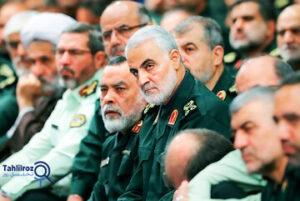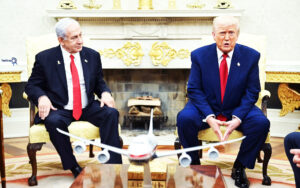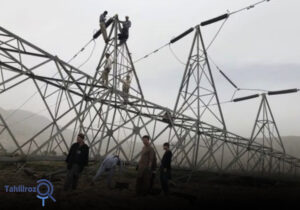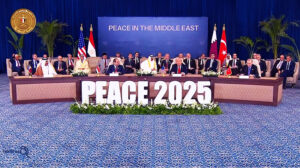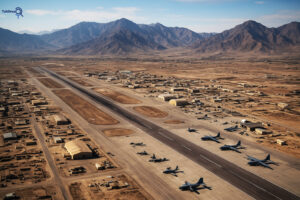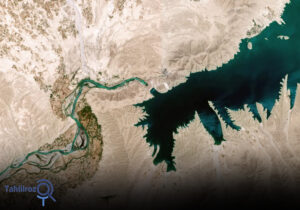September 11, 2001, marks one of the most tragic and defining moments in modern history. Known as September 11 or 9/11, this day witnessed a series of coordinated terrorist attacks that shocked the world, reshaping global politics, security, and international relations. This article explores how the attacks happened, who was responsible, the widespread consequences, and how Afghanistan was deeply affected by these events.
-
What Happened on September 11?
On the morning of September 11, 2001, 19 terrorists hijacked four commercial airplanes in the United States in a coordinated terrorist attack orchestrated by the extremist group al-Qaeda. The hijackers aimed to cause mass destruction and terror by targeting symbolic American landmarks.
Two planes — American Airlines Flight 11 and United Airlines Flight 175 — were flown into the North and South Towers of the World Trade Center in New York City, causing both towers to collapse within hours.
A third plane, American Airlines Flight 77, crashed into the Pentagon in Arlington, Virginia, damaging the U.S. Department of Defense headquarters.
The fourth plane, United Airlines Flight 93, was headed for another target in Washington, D.C., but passengers fought back, forcing the plane to crash in a field in Pennsylvania before it could reach its destination.
The attacks resulted in nearly 3,000 deaths and thousands of injuries, making it the deadliest terrorist attack in U.S. history. The shockwaves of this tragedy were felt globally, sparking fear, grief, and an urgent call for justice.
-
Who Were Responsible?
The mastermind behind the attacks was Osama bin Laden, leader of the terrorist organization al-Qaeda. Founded in the late 1980s, al-Qaeda promoted a radical Islamist ideology and opposed the United States and its allies, blaming them for injustices in the Muslim world.
Bin Laden and his followers viewed the U.S. as an obstacle to their vision of an Islamic state and sought to retaliate against American military presence in the Middle East and support for Israel. The 9/11 attacks were intended to destabilize the U.S. and inspire other extremists worldwide.
Following the attacks, the U.S. government quickly identified al-Qaeda as the responsible party, launching a manhunt for bin Laden that lasted nearly a decade until he was killed in 2011.

-
Consequences of the September 11 Attacks
The aftermath of September 11 led to profound changes in U.S. and global policy:
War on Terror
President George W. Bush declared a “War on Terror”, vowing to eliminate terrorist threats worldwide. This included military interventions, intelligence operations, and efforts to dismantle terrorist networks.
Legislation and Security
The USA Patriot Act was passed, significantly expanding government surveillance and law enforcement powers to detect and prevent terrorism. Airport security was dramatically increased, and the Department of Homeland Security was established.
Global Impact
Countries worldwide strengthened counterterrorism cooperation and tightened security measures. The attacks also fueled widespread fear and heightened tensions, especially against Muslim communities, leading to social and political challenges.
Economic Impact
The attacks caused billions of dollars in damages and disrupted global markets. The airline and tourism industries faced massive losses, and the U.S. economy experienced a short recession.
-
How Afghanistan Was Affected
Afghanistan played a central role in the consequences of 9/11 due to the presence of al-Qaeda within its borders:
Taliban and al-Qaeda
At the time, the Taliban regime controlled most of Afghanistan and provided safe haven to al-Qaeda. The U.S. demanded the Taliban hand over bin Laden and dismantle terrorist camps, but the Taliban refused.
U.S.-Led Invasion
In October 2001, the United States, with coalition allies, launched Operation Enduring Freedom to overthrow the Taliban and dismantle al-Qaeda’s base in Afghanistan. This marked the beginning of America’s longest war.
Impact on Afghan Society
The invasion toppled the Taliban but led to years of conflict, instability, and humanitarian crises. Afghanistan struggled with rebuilding infrastructure, governance, and security while facing insurgency and extremist threats.
Long-Term Legacy
Despite efforts to establish democracy and development, Afghanistan remained fragile. The eventual U.S. withdrawal in 2021 and the Taliban’s return to power underscored the complex, enduring consequences of 9/11 for the country and the region.
-
Conclusion
The events of September 11, 2001, dramatically changed the course of history. Understanding what happened, who was responsible, and the wide-ranging consequences helps us remember the victims and the lessons learned. The legacy of 9/11 continues to influence global security, diplomacy, and the ongoing challenges faced by Afghanistan. Remembering this day is vital to ensuring a safer and more peaceful future.

Mohsen Shahrafiee


